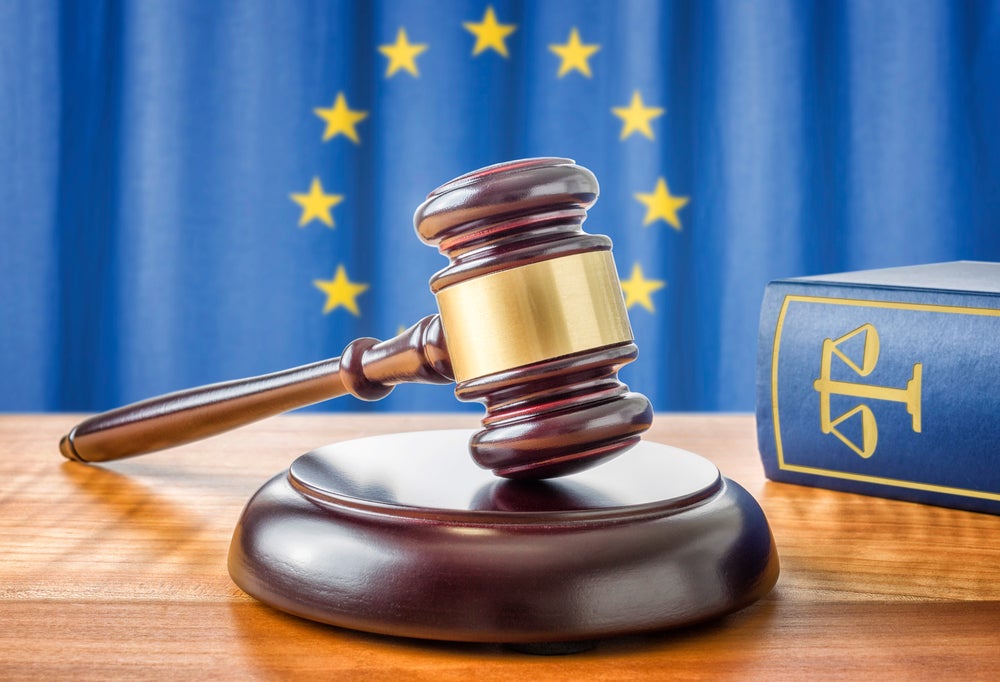Understand the impact of the Ukraine conflict from a cross-sector perspective with the Global Data Executive Briefing: Ukraine Conflict
Following Russia’s invasion of Ukraine, the US and its allies have decided to impose sanctions on Russia, and one of the most important sanctions proposed is banning Russia from the SWIFT financial system. While this would negatively impact Russia’s economy, members of the European Union are uneasy with the proposal as they would also be impacted.
SWIFT is an international messaging system that is the back bone of cross-border transactions. Banning Russia from SWIFT would negatively affect the Russian economy, as it would be difficult for Russia to complete any international transactions. Though banning Russia will not completely stop it from making cross-border transactions with its international partners, it will make the process more expensive, less secure, and more difficult, which should slow its economic growth.
But the ban will also have a direct impact on European countries that depend on Russia. Since the end of the Cold War in 1991, countries have become more interdependent from each other than ever, and their economies greatly depend on the exchange of goods between them.
The EU cites Russia as a key supplier of its natural resources. Russia was the main supplier of crude oil (27%), natural gas (41%), and fossil fuels (47%) to the EU in 2019. European countries could experience a price hike if their steady access to natural resources were to be affected. The price of oil was recently impacted by the suspension of the Nord Stream 2 pipeline, and the SWIFT ban can exacerbate this price increase further. European countries could reduce their dependence on Russia’s supply of oil and gas by exporting more from Norway and the US, but this will do little to prevent rising prices in Europe.
Cutting out Russia from the international financial system would force it to find alternative payment solutions in order to continue trading. The last country to be banned from SWIFT was Iran in 2012 due to its missiles and nuclear program. To circumvent the ban, it directly connected its banking system to Russia. And Russia could carry out a similar method by connecting its banking system to an ally such as China.
How well do you really know your competitors?
Access the most comprehensive Company Profiles on the market, powered by GlobalData. Save hours of research. Gain competitive edge.

Thank you!
Your download email will arrive shortly
Not ready to buy yet? Download a free sample
We are confident about the unique quality of our Company Profiles. However, we want you to make the most beneficial decision for your business, so we offer a free sample that you can download by submitting the below form
By GlobalDataBack in 2014, during Russia’s previous incursion in Ukraine, which led to the annexation of Crimea, Russia suffered some sanctions. To limit the impact of those sanctions, reduce economic influence from the US dollar, and replace its dependence on Visa and Mastercard for domestic transactions, it developed its own payment system called Mir.
And in parallel, it also developed its own payment messaging system called the System for Transfer of Financial Messages (SPFS). While the number of international banks that joined SPFS is limited to 23, this ban could increase that number. Prior to the invasion of Ukraine, China and Russia were already in discussion to create an alternative payment system that would not be affected by international sanctions.
Just as with Russia, China also built its own payment system independent from SWIFT called the Cross-Border Interbank Payment System (CIPS). Russia and China could decide to link up their payment systems, allowing both countries to continue trading and making them available to any other nations interested in working with Russia despite its international sanctions.
Whereas cryptocurrencies have been the bane of governments in recent years as they are considered to be too risky for the economy, in the case of Russia, they can be a payment solution that allows the country to continue operating despite the SWIFT ban.
Banning Russia from SWIFT may cause difficulty to the Russian economy in the short term, but it could be the trigger that sees the emergence of its own alternative payment system. Countries that are dependent on Russian exports and have debt exposure to Russia may not be ready to suspend their trades with the country.
Chris Dinga is Payments Analyst, GlobalData









Related Company Profiles
Visa Inc
Mastercard Inc